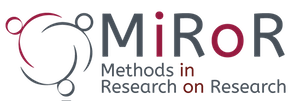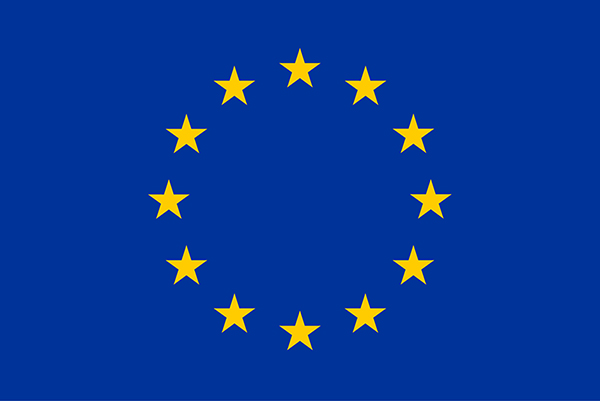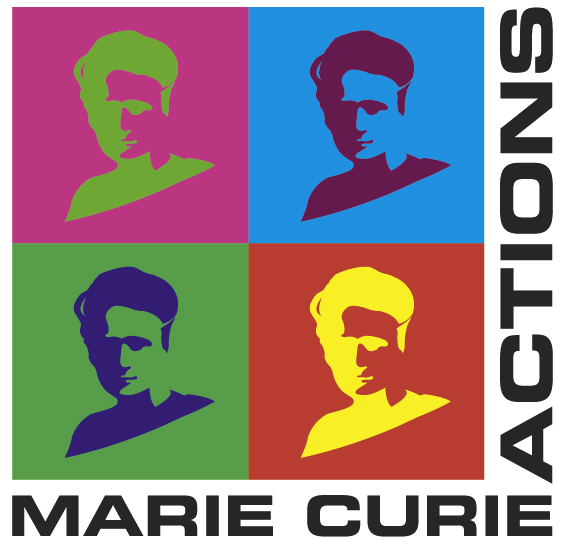There and Back Again: My Placement with the EQUATOR Network
There and Back Again: My Placement with the EQUATOR Network
27 February 2018 Comments Off on There and Back Again: My Placement with the EQUATOR NetworkThe first time I went to Oxford, I was a bright-eyed naïve 14-year-old on a quick one-day touristic whirlwind of England’s must-see sights. I was stunned by the architecture, history, and gravitas of the place. Returning 10 years later, I quickly realized that what makes Oxford so magically charming is more than the buildings and the history, it’s the passionate and remarkable people that drive the university and city forward.
As a Marie Curie doctoral research fellow working with the Methods in Research on Research (MIROR) network, I recently had the pleasure of having a three-month placement with the EQUATOR Network’s UK Centre. A vital and exciting part of my 3-year joint-doctoral program is the ability to have 10 months’ worth of placements with world-class partners and institutions that are relevant to my project. As my work focuses on reporting guidelines, specifically the Strengthening the Reporting of Observational Studies (STROBE) Statement, EQUATOR is an essential collaborator for my project’s success.
I had already spent a year working on my doctoral project at the University of Split, my main host institution, so I felt that I had a decent idea of how to move forward. However, it was not until I was surrounded by the experts at the EQUATOR Network that I truly grasped the complexity and breadth of the issue of poor reporting.
Being an epidemiologist-in-training myself, surrounded by the epidemiologists and statisticians at the Centre for Statistics in Medicine (host of the UK EQUATOR Centre), I felt like I was at home. One could feel the unspoken understanding that everyone was there for the common good, whether it be to increase transparency in reporting, to help set up and run clinical trials, or to analyze and write up the results of interventions. I listened intently to people passionately debate the use of different methods or question research practices. Shifting locales and connections gave me a new perspective and allowed me to better get to know both my project and myself.
Over several months, with the help of the incomparable Doug Altman, I continued my work exploring the endorsement of STROBE and the content in its extensions. The EQUATOR team helped refine my survey for authors of observational studies, which aims to explore their motivations, perspectives on, and attitudes towards STROBE. If you work on observational studies, please consider sharing your thoughts by taking the survey here. We also collaborated on a new venture, exploring the diversity of reporting guidelines and developing quality indicators to highlight those developed through more rigorous methods.
The time that I spent with EQUATOR is one that I will not soon forget. Although my project’s focus is narrow, on only one reporting guideline and one study design (STROBE and observational studies), my perspective and worldview have been broadened in an indescribable way.
You can read more about Melissa’s doctoral project in her published protocol and in her project summary (project ESR 9 at the link).
by Melissa Sharp, MiRoR PhD Fellow at the University of Split
This piece is cross-posted on the EQUATOR Network website




